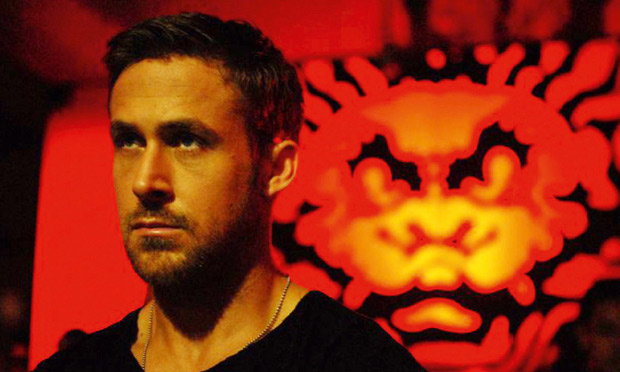
Some films debut to universal acclaim and instantly gain classic status, but often it takes time to win over an audience. It’s hard to determine what a film’s legacy will look like based on the first reactions it gets, and some films initially deemed to be divisive gain a new critical appreciation after years of analysis.
Any extreme reactions that a film gets, be it positive or negative, is sure to initiate discussion as people debate whether it’s a catastrophe or a masterpiece. Regardless of what side opinions land on, it’s usually more interesting to see cinema that provokes spirited debate rather than a collective shrug.
Some films that are regarded by many to be brilliant are still bitterly debated to this day, and they were even more divisive when they were first released. Here are ten great films that were initially polarizing.
10. Across the Universe
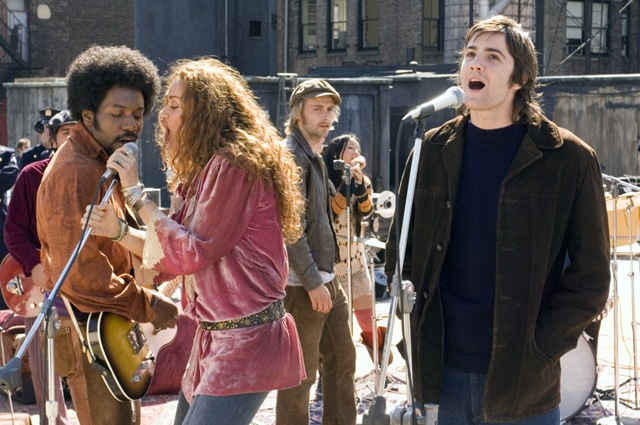
Debuting to both disdain and admiration, the 2007 Beatles-inspired musical Across the Universe was celebrated for its creative reimagining of the music of The Beatles into creative, often trippy musical numbers, yet criticized for the cliché central love story at its center.
While it’s true that the romance between English shipyard worker Jude (Jim Strugress) and U.S. student turned activist Lucy (Evan Rachel Wood) isn’t a nuanced affair, it was never really the point of the film; Across the Universe uses the loose framework of a tragic romance to explore a variety of themes pertinent to the changing culture of the 1960s, using the most iconic songs ever written.
It’s a film that is all about the musical numbers, and director Julia Taymor includes 34 unique renditions of Beatles songs, each with a unique visual flare the provokes different emotions. These range from being hilarious escapades from drunk college students (“With A Little Help From My Friends”) to tragic funeral processions (“Let It Be”) to psychedelic reflections (“Because”) to celebratory counter-culturalism (“All You Need Is Love”), it’s a film about history unfolding and the defining moments of the 60s experience.
While it still has its critics, Across the Universe is more well regarded now than it was when first released, and has a group of admirers that include Paul McCartney, Ringo Starr, and Yoko Ono.
9. Only God Forgives
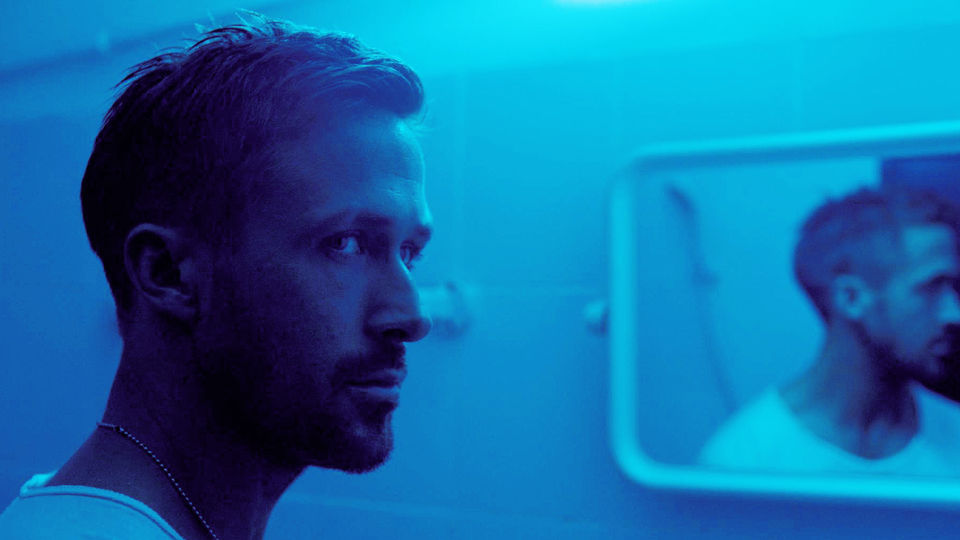
Nicholas Winding Refn’s hyper violent Bangkok crime opera received a notoriously cool reception upon its debut at the 2013 Cannes Film Festival, with significant controversy surrounding its depiction of torture.
Beyond the brutality of the film’s story, which revolves around a grim criminal (Ryan Gosling) who searches for vengeance after his brother (Tom Burke) is killed for murdering a teenage prostitute, Only God Forgives is also a slowly paced stunner that puts more emphasis on its neon visuals than characterization. The dialogue is minimal, and when it does come it’s often abstract and confounding, save for the occasional graphic tirades from Gosling’s mother (Kristin Scott Thomas).
Refn’s masterpiece was never the template for a mainstream hit, but it’s transfixing in how removed it is from convention; this is a film in which characters, locations, and even action are all vessels for exploring the seedy cycle of violence. Cliff Martinez’s hypnotic score and Larry Smith’s expansive cinematography give the underground Bangkok a depth and radiance that simply couldn’t be appreciated in a traditional narrative. By the time the film’s strangely gorgeous final musical number kicks in, it’s hard to not be wowed by the audacity of Refn’s vision.
8. Prometheus
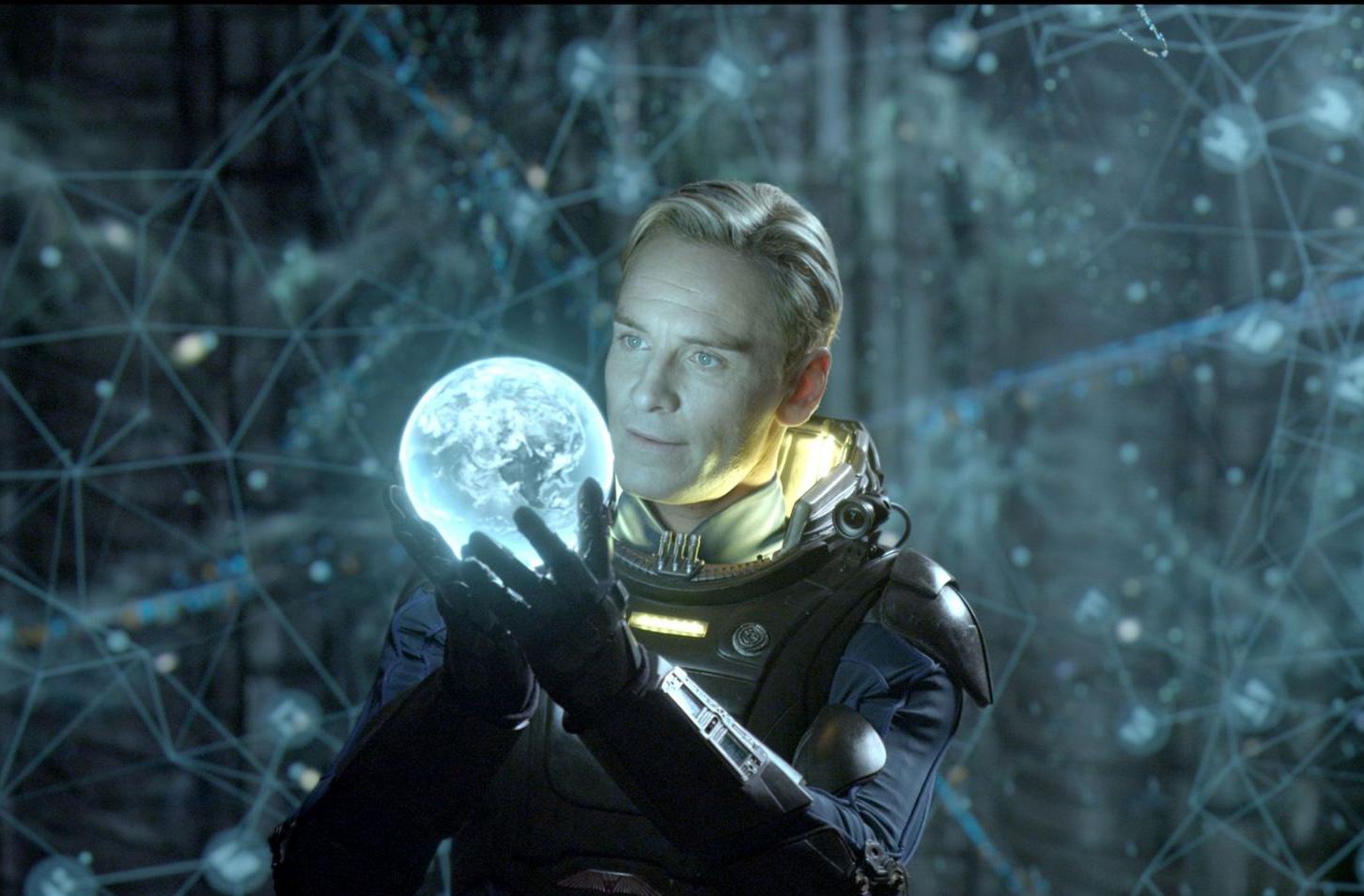
Expectations were high for Ridley Scott’s return to science fiction, but those expecting a direct prequel to Alien were sorely disappointed in Scott’s ambitious and ambiguous film. Although Prometheus has a lot of the visceral body horror that made the original Alien a classic, it was more interested in exploring the search for a creator than it was explaining the Xenomorph mythology. The horror in Prometheus is more psychological; the anxiety over answers drives the exploratory crew to madness as the Engineer’s designs begin to disrupt the framework of their ship from the inside and out.
By far the most interesting character within the film is Michael Fassbender as the android David; while androids are not new to the Alien films, David’s fascination with his own creators is a perfect mirror to the search by the Prometheus crew to find the origin of humanity.
David’s quirky attempts to be more human-like can sometimes be humorous, but they also initiate complicated questions about how a creation can rebel against its parent. Unfortunately, the provocative and interesting direction setup by Prometheus was ruined with its 2017 follow up Alien: Covenant, which saw Scott reverting to more familiar iconography and less ambitious themes, perhaps as a reaction to the divisive reaction that Prometheus had.
7. Star Trek: The Motion Picture
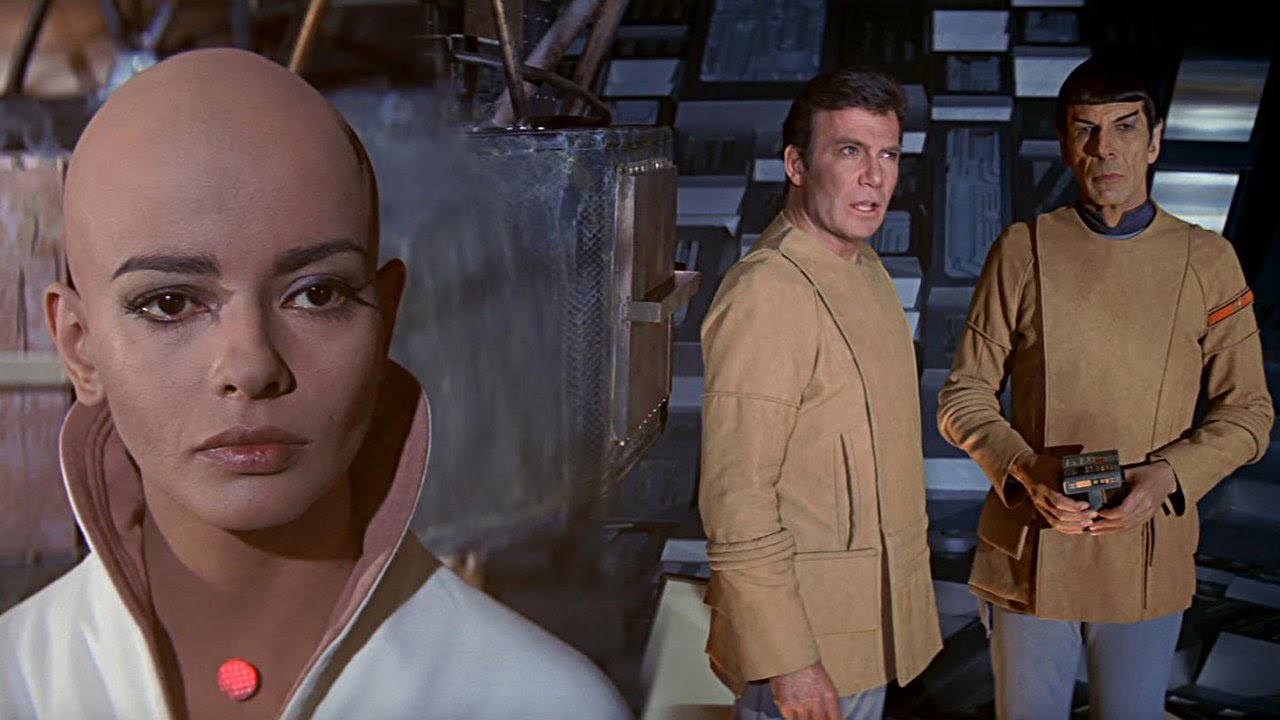
Ten years after the iconic television series left the air, Star Trek fans expected the first film based on the show to be an action packed science fiction adventure. The recent successes of Star Wars, Close Encounters Of The Third Kind, and Alien had fueled the need for sci-fi crowd pleasers, but 1979’s Star Trek: The Motion Picture took a much more introspective approach to the series, exploring the concept of what defines free will and whether or not humanity really wants to know the answer about what happens after death.
Director Robert Wise was no stranger to provocative sci-fi, having previously helmed The Body Snatcher and The Day The Earth Stood Still among other classics, and used the Voyager program as a catalyst for a story about the search for answers.
Despite the heady themes, the film also sets up interesting character arcs for each of the core Star Trek crew members, with Kirk returning to a version of the Enterprise that is unfamiliar to him and Spock wrestling with his human half after he attempts to purge his emotions. While it remains in the shadow of its vastly superior follow up, 1982’s Star Trek II: The Wrath of Khan, Star Trek: The Motion Picture is a riveting experimental film that remains an integral part of the franchise.
6. Under the Skin

Another ambitious sci-fi thriller with clear reverence for 2001: A Space Odyssey, Under the Skin instantly drew admirers based on its hypnotic visuals and haunting performance from Scarlett Johansson, but also subsequently bombed at the box office and gained detractors who viewed the film as aimless and pretentious.
The strange combination of horror and beauty in Under the Skin clearly isn’t meant to be inviting, as it is a film that explores the very nature of human existence from the perspective of an alien creature attempting to destroy it. The creature preys on primal desires, and as she finds answers the audience is left with more questions.
The brilliance is that through stalking and killing men, the alien creature played by Johansson learns about what defines individuals, and as she grows to share their qualities she’s also exposed to the banal cruelty that exists in the world. While the structure may have proven repetitive for some, each individual interaction that Johansson has with a man reveals a different aspect of her complicated learning process. Between blunt violence, stark visuals, and an all-time great score from Mica Levi, Under the Skin is unquestionably a modern classic that has succeeded past its initial divisive reaction.